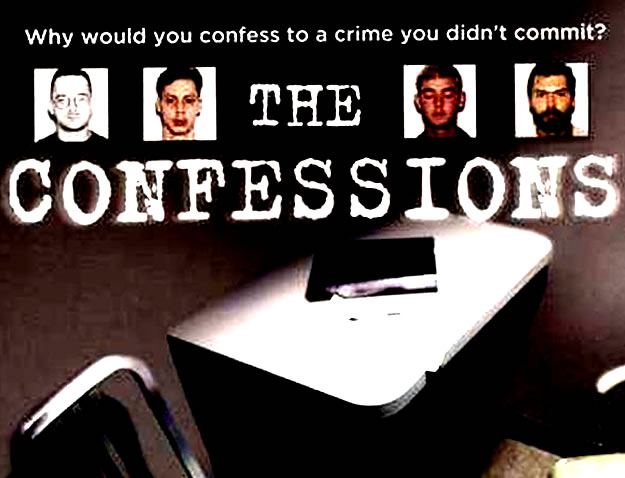The DNA eventually led to a confession by the man who matched the evidence. The 4 sailors were never involved. In 2009, the governor conditionally pardoned the 3 sailors still serving jail time. But Wilson,who was already out of jail, was not pardoned. Due to his conviction, he must remain registered as a sex offender. According to the Times:
But it takes time to tick off all the ways in which the effects of his conviction will linger for the rest of his life. There is the stigma, of course. He must report to the police in person every year, keep them posted about changes in his life and check in with local authorities if he travels.
Then there are the blows that really sting. He is not eligible for jobs on many government sites. He wanted to go to Niagara Falls for his honeymoon but could not get a passport to cross to the Canadian side. He cannot adopt his young stepson.
Not just that. “I’m not allowed to go to school functions for my son,” he said.
Seeking exoneration, Wilson filed a habeas corpus petition. But because he is neither incarcerated nor on probation or parole, his petition was denied. The Fourth Circuit Court of Appeals confirmed noting:
The sex offender registration requirements and related consequences do not impose sufficiently substantial restraints on Wilson’s liberty so as to justify a finding that he is in the custody of state officials.
In dissent, Judge James A. Wynn Jr., wrote that he was “deeply troubled that our legal system would be construed to prevent a person with compelling evidence of his actual innocence and wrongful conviction from accessing a forum in which to clear his name.”
“This court has the authority — indeed, the moral imperative — to grant Wilson the hearing that he seeks,” Judge Wynn wrote.
And so Wilson goes on, wronged by a system purporting to serve justice, but unable to find it with both hands.
See similar post: "Actual Innocence" is Not Grounds For a New Trial.
Click the image below to view a part of the PBS documentary "The Confessions" that feature the Norfolk 4:
Click the image below to see the full PBS documentary:


No comments:
Post a Comment